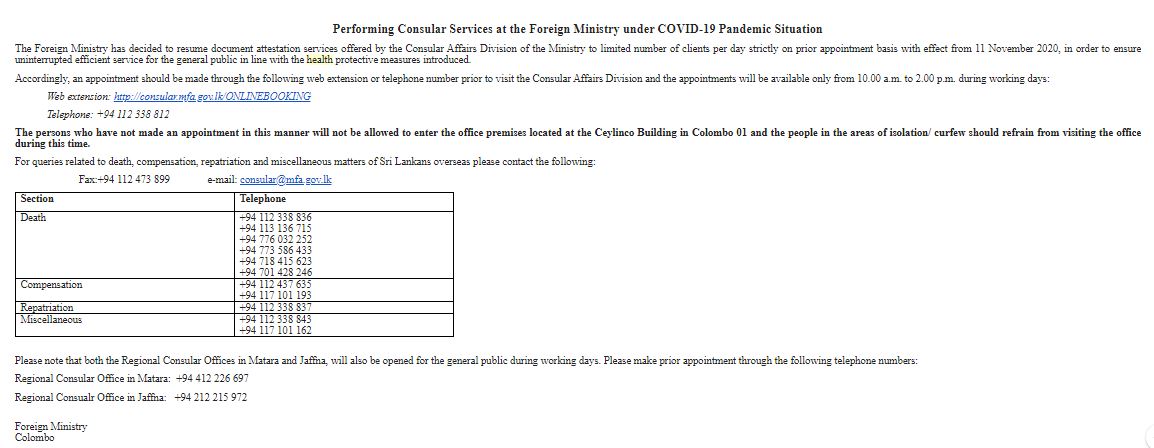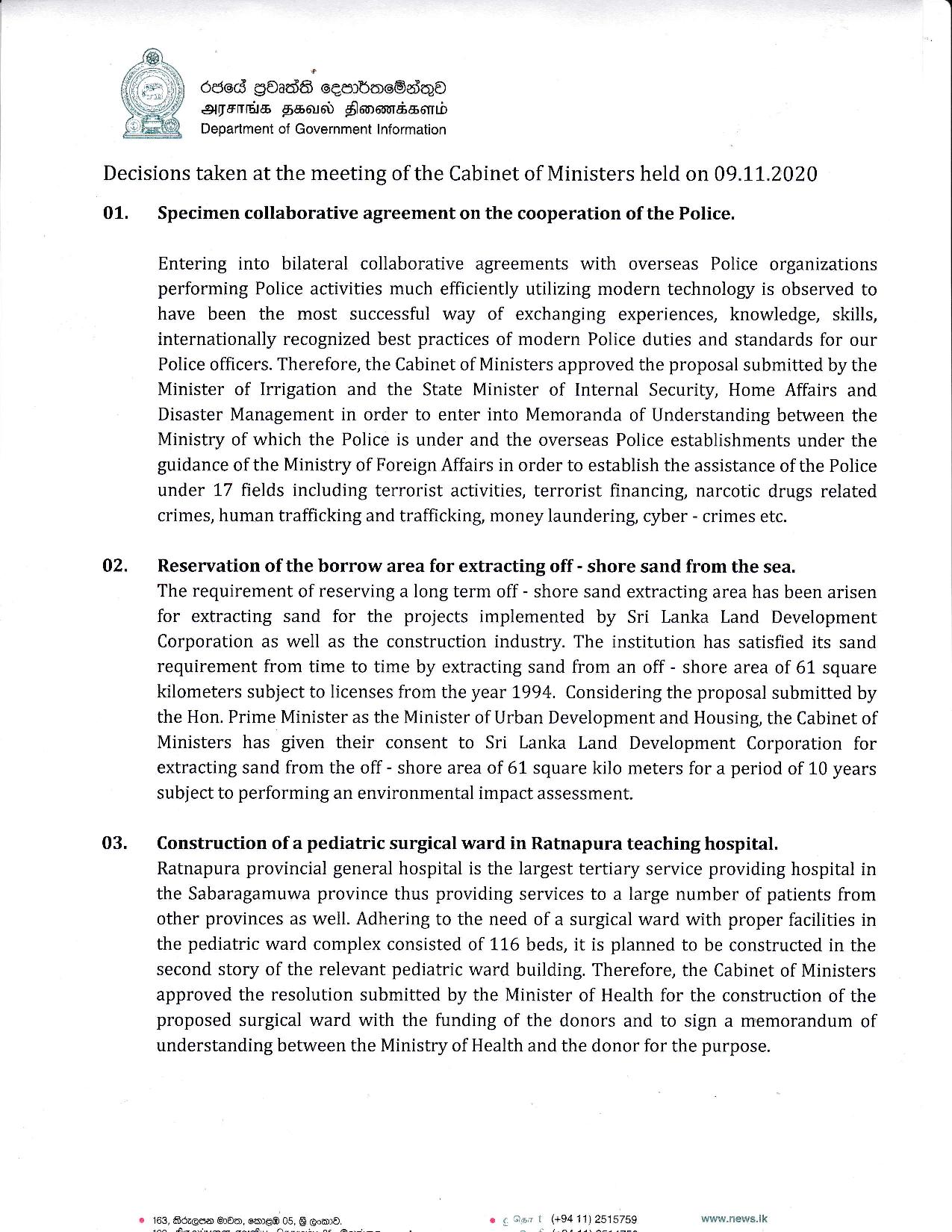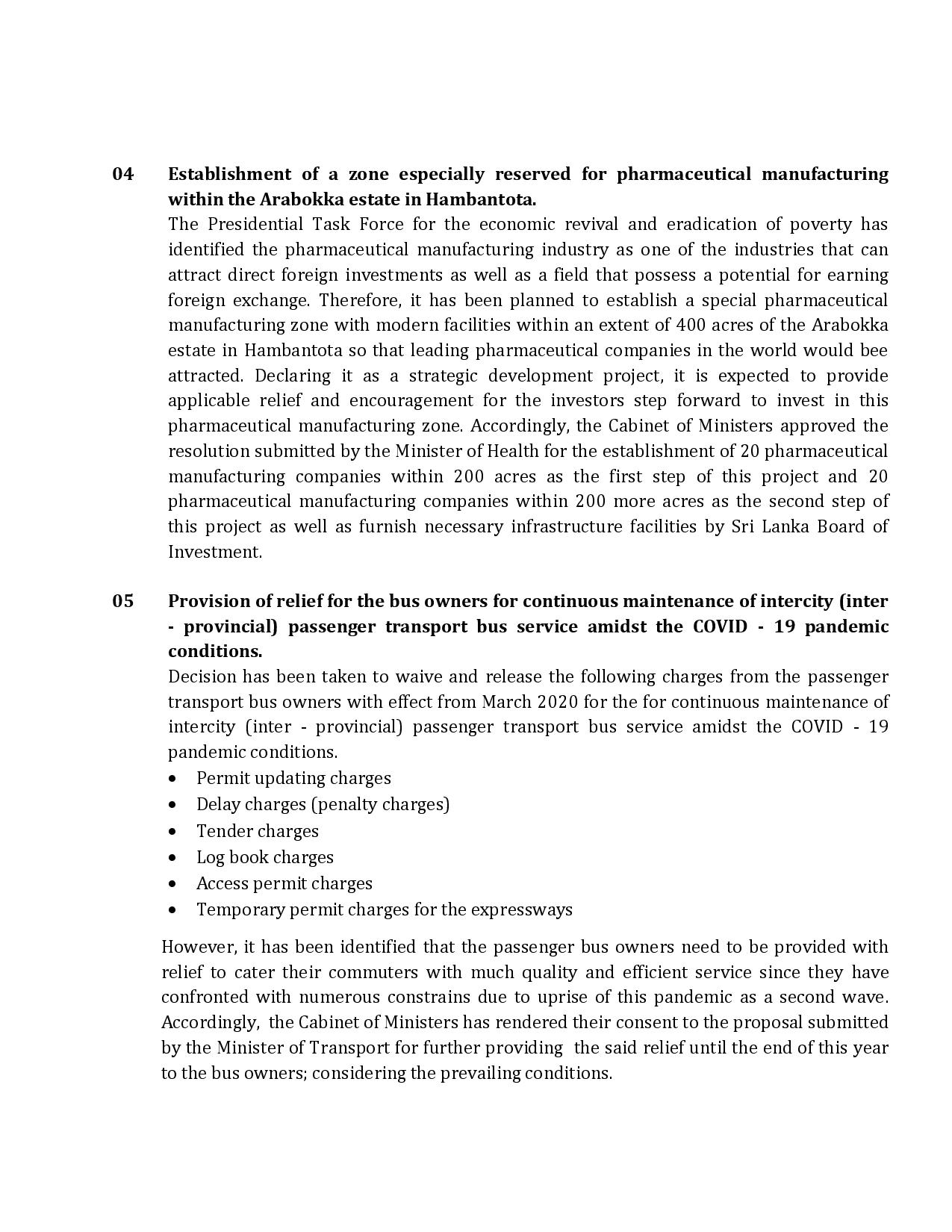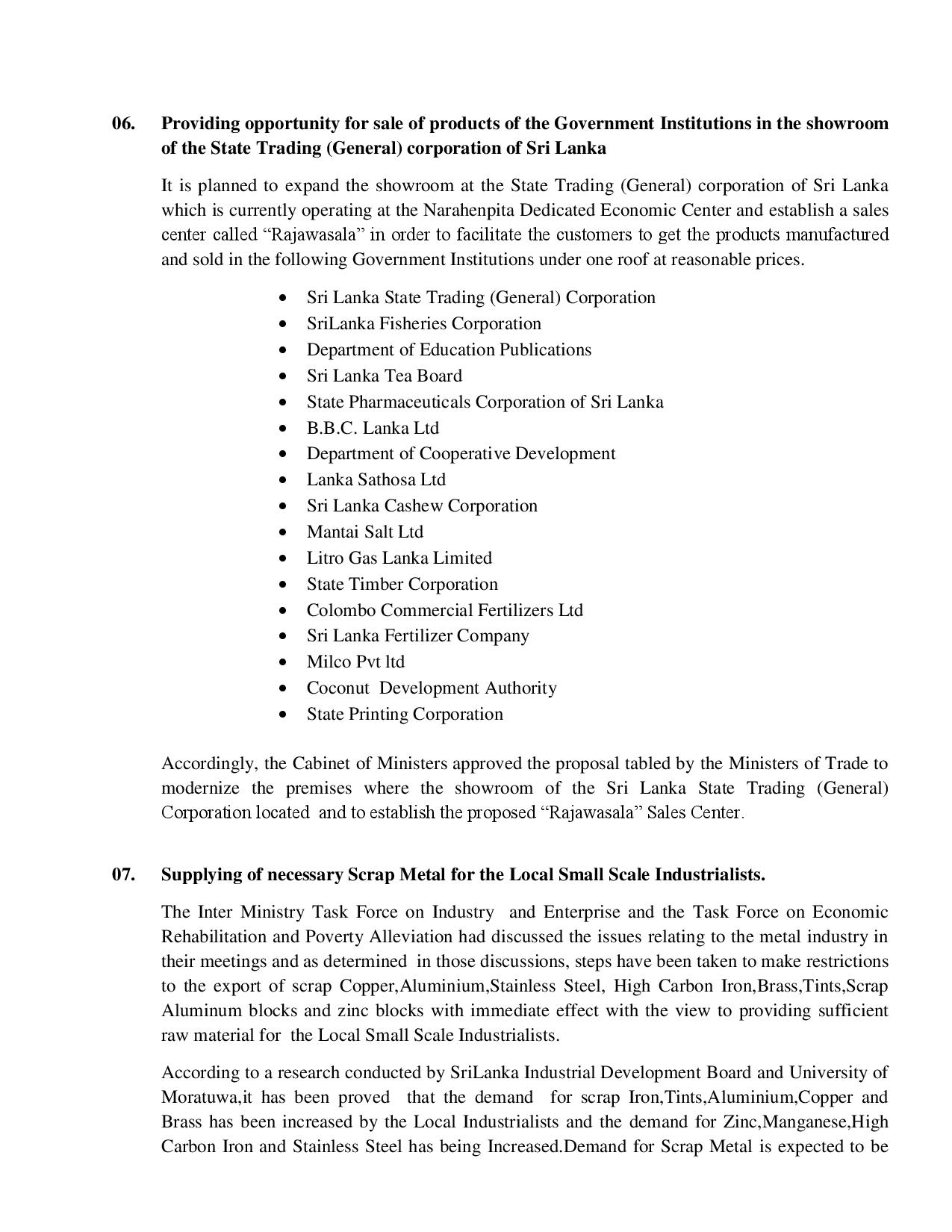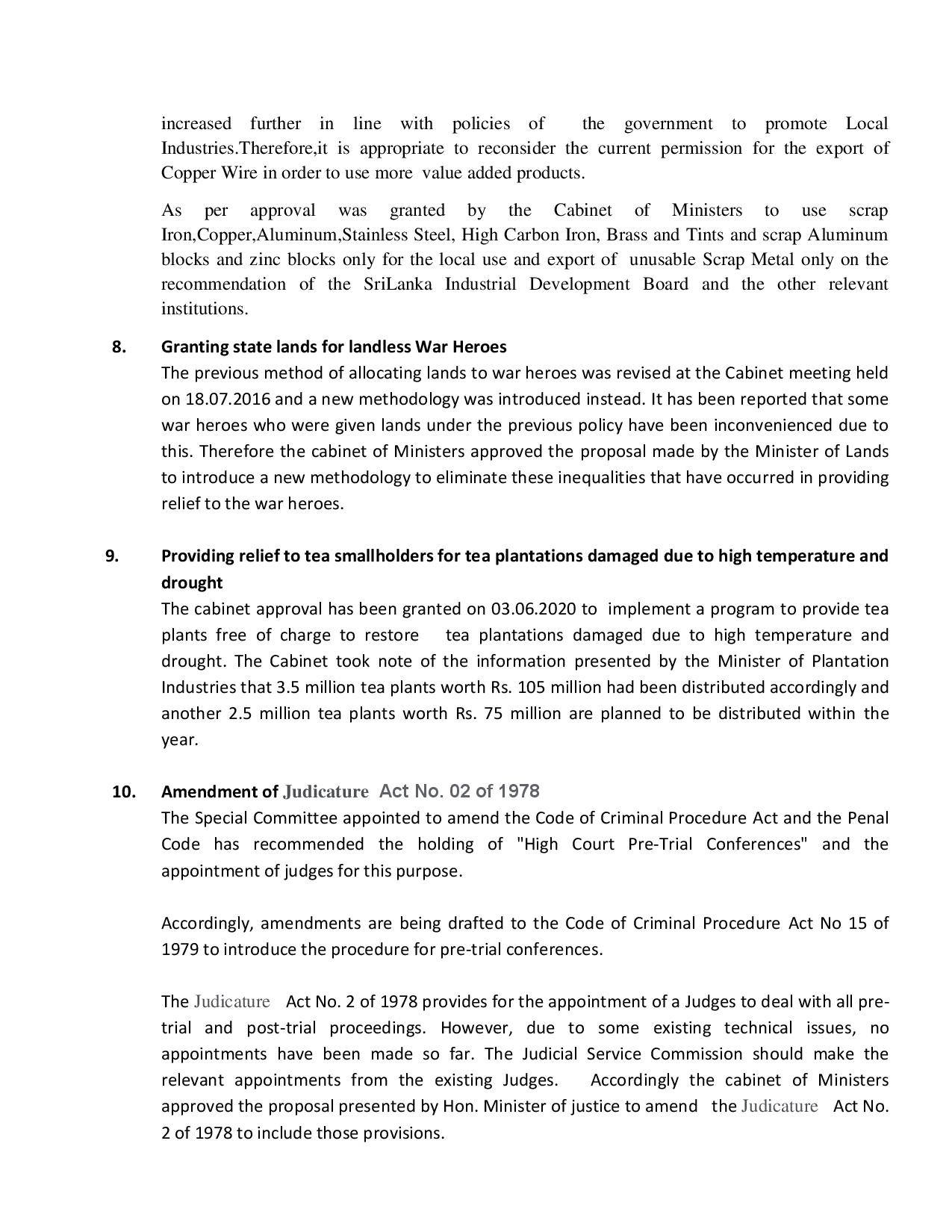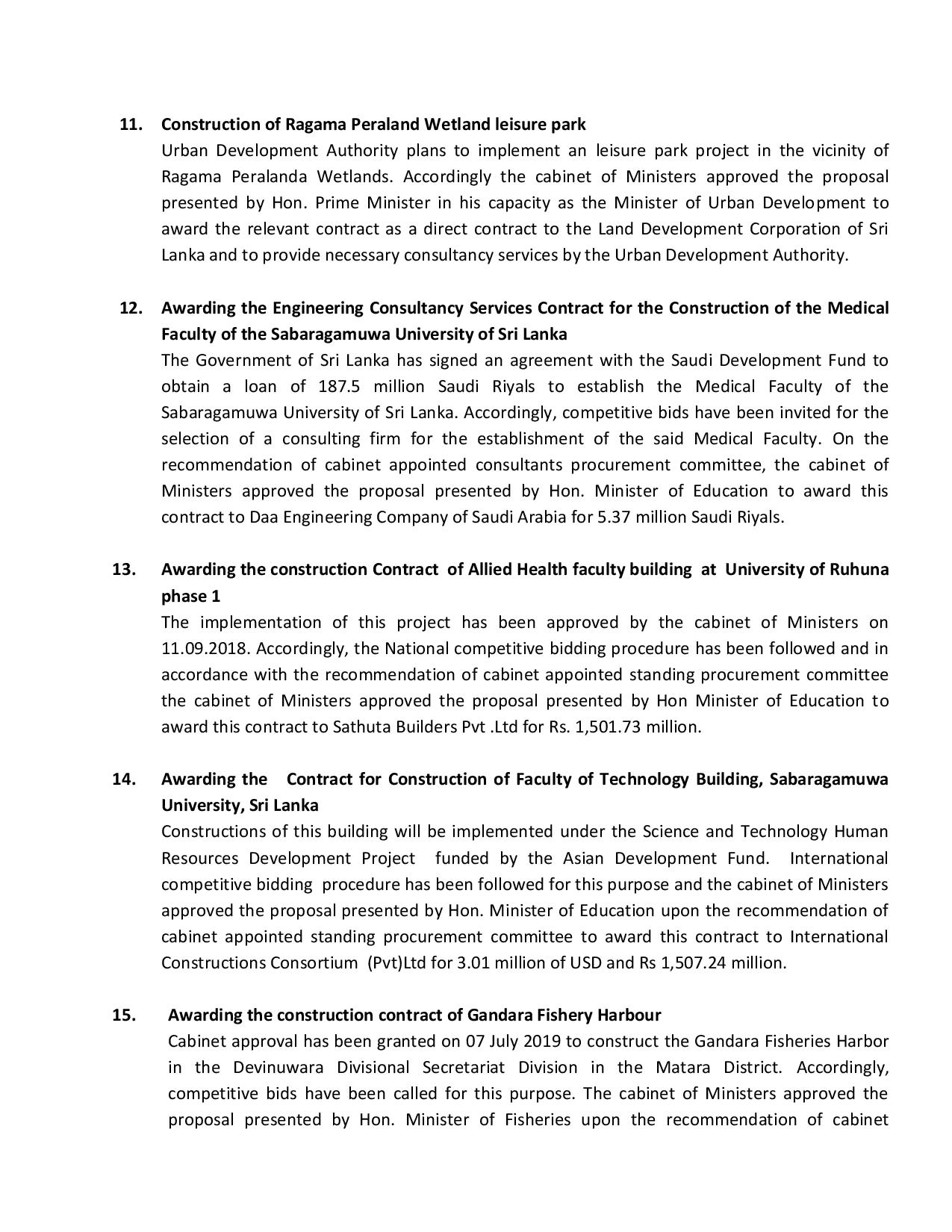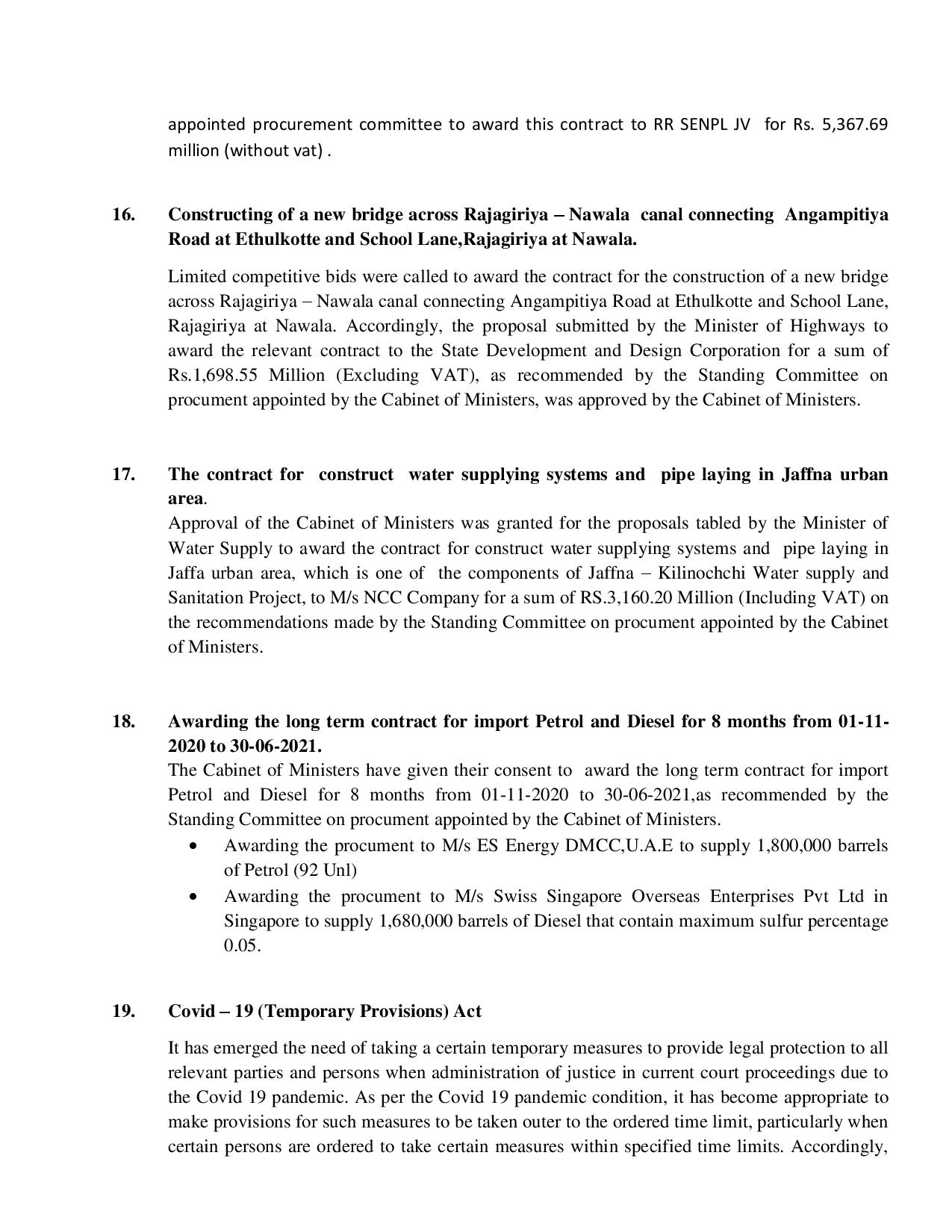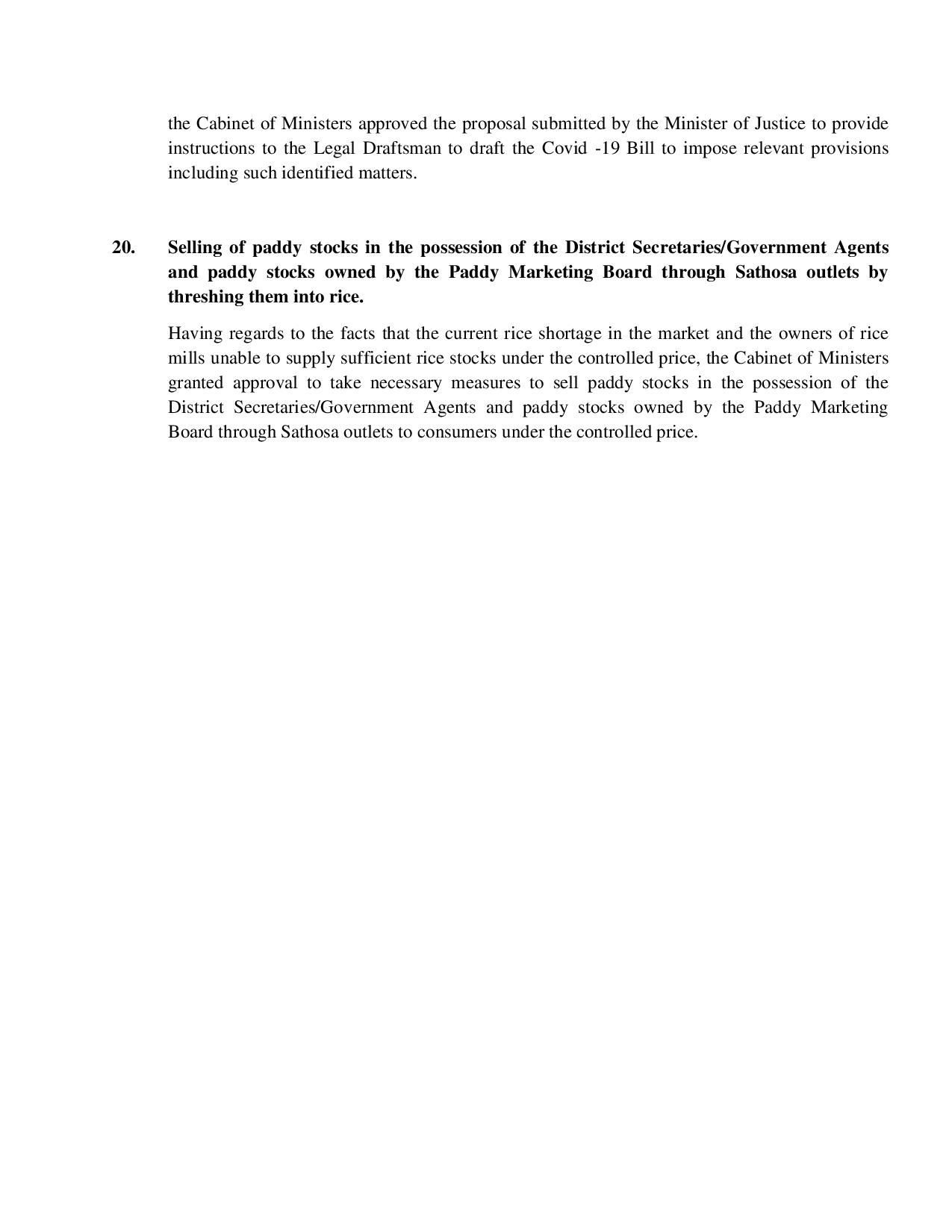President invites industry pioneers to join…
15,000 houses for middle class people…
36,884 housing units before the end of 04 years…
President Gotabaya Rajapaksa has requested construction industry pioneers to commence work on a large number of housing projects simultaneously for the benefit of low, middle and upper middle income earners covering different areas of the country.
President pointed out that the construction must proceed fast in a creative and eco-friendly manner using new technology and methods.
President Rajapaksa made these remarks during a meeting with the officials representing 10 companies engaged in the construction industry at the Presidential Secretariat, today (11).
The number of houses expected to be built for the middle class in the next three years is 15,000. The government expects to build 36,884 housing units in four years to meet the demand from both low and upper middle income earners.
The first phase of projects will be implemented centering Peliyagoda, Kolonnawa, Bloemendhal, Kottawa – Makumbura, Kottawa – Palaturuwattha, Boralesgamuwa, Malabe, Kandy – Getambe and Anuradhapura cities.
Local entrepreneurs in the construction sector are given the opportunity to join this initiative. President further said that it is expected to meet the housing demand of a large number of young people from all sectors including the executive and entrepreneur categories. For this purpose, commercial banks will provide loans at concessionary interest rates that can be repaid in 30 years.
President pointed out that with the commencement of construction, thousands of employment opportunities will be created by way of supplying necessary materials. President Rajapaksa also emphasized the need to carry out all activities continuously with fullest commitment in the wake of the COVID-19 pandemic.
All worksites must function in compliance with health recommendations. President hoped that these projects would also strengthen the country’s economy.
Secretary to the President P.B. Jayasundera, Secretary to the Ministry of Urban Development and Housing Mr. Sirinimal Perera, officials of the Ministry of Urban and Housing Development and officials from several construction companies were also present at the discussion.



